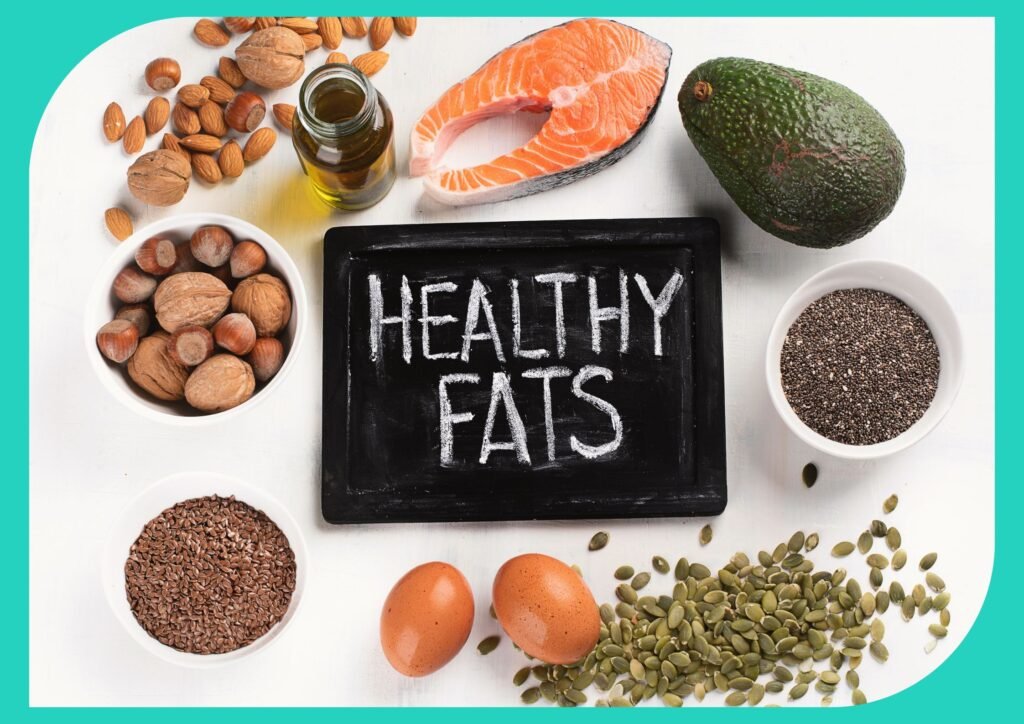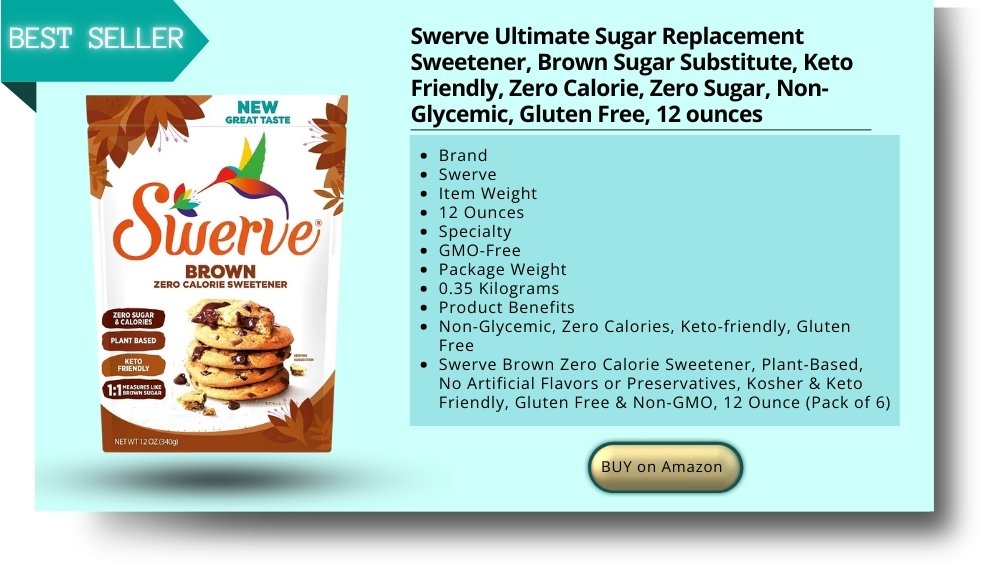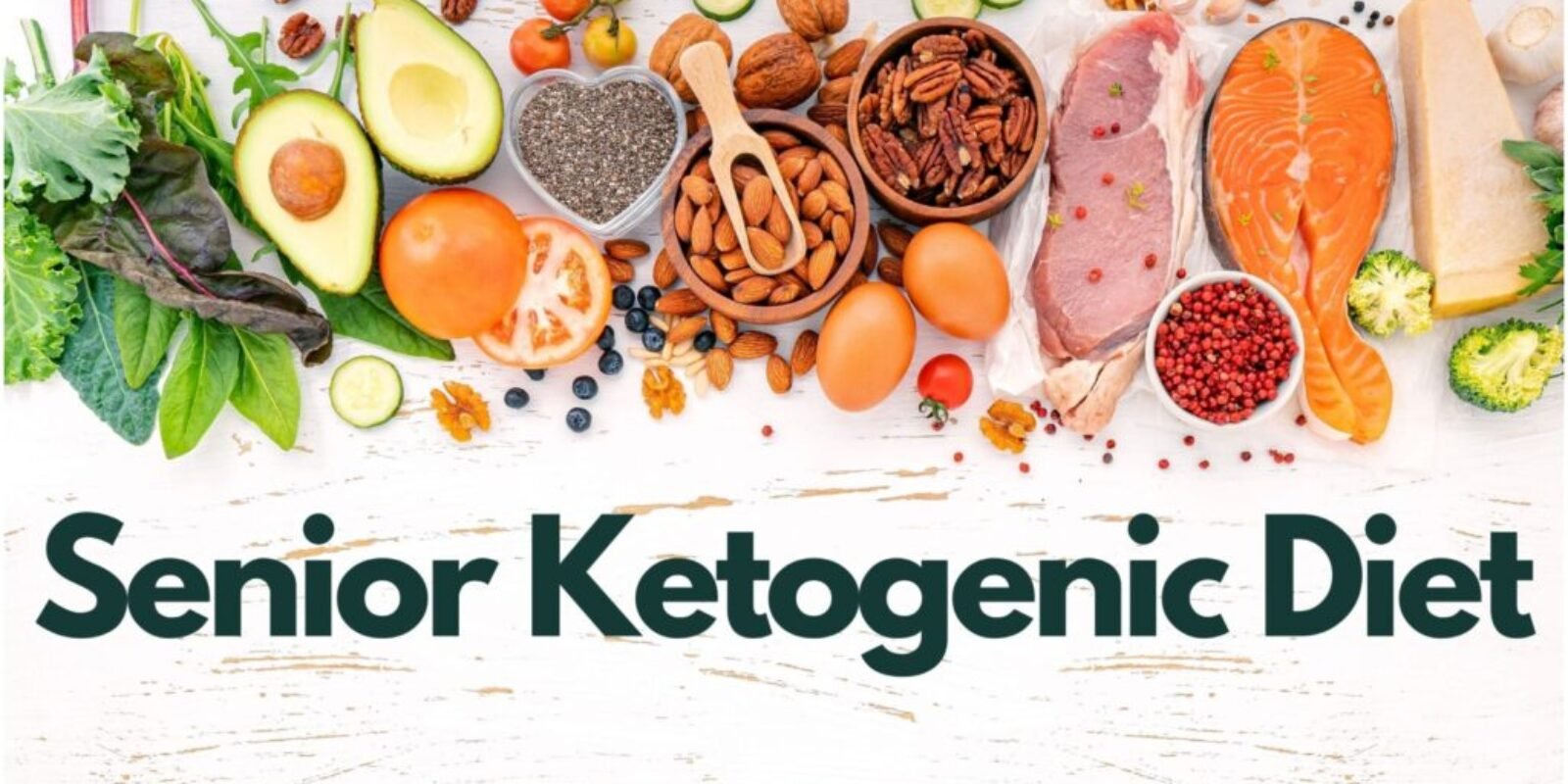The ketogenic diet is rapidly becoming a preferred lifestyle for many seeking to improve their health, and it offers a host of potential benefits, especially for seniors. This low-carb, high-fat eating plan can help manage chronic conditions, improve cognitive function, enhance energy levels, and support overall wellness.
While a 28-day introductory phase is often suggested as a starting point, it’s important to understand that the keto diet is not just a short-term solution—it’s a pathway to a long-term, sustainable low-carb lifestyle that can yield lasting health improvements.
In this guide, we’ll break down the fundamentals of the keto diet for seniors, explain how it can help manage chronic diseases, provide actionable tips for adopting the diet, and address common challenges seniors might face. Whether you’re looking to control blood sugar, alleviate inflammation, or improve heart health, the keto diet can be a powerful tool to enhance vitality and support chronic disease management.
Why the Keto Diet Makes Sense for Seniors
The ketogenic diet is a low-carb, high-fat approach that helps seniors transition into a healthier lifestyle. While adapting to ketosis can provide initial benefits such as weight loss, mental clarity, and increased energy, it is important to maintain a long-term, sustainable approach.
The 28-day period helps the body adjust to ketosis, where fat is burned for fuel instead of carbohydrates, providing consistent energy and allowing seniors to experience the diet’s immediate positive effects. After this initial phase, the goal is to integrate keto principles into everyday life.
Seniors can transition to a sustainable low-carb lifestyle that focuses on nutrient-dense foods and provides lasting benefits for weight management, mental clarity, and overall vitality.
Prefer to listen rather than read?
Managing Chronic Diseases with the Keto Diet
The keto diet offers several mechanisms through which it can assist seniors in managing chronic conditions commonly associated with aging. Here’s how the diet can help:
- Blood Sugar Control
- One of the primary benefits of the keto diet for seniors is its ability to control blood sugar levels. By drastically reducing carbohydrate intake, the body shifts its fuel source from glucose to fat, minimizing glucose spikes.
- This is particularly beneficial for seniors with type 2 diabetes or those at risk of developing it. The ketogenic diet helps regulate blood sugar more effectively, reducing the need for insulin and potentially lowering the dependency on medications.
- Inflammation Reduction
- Chronic inflammation is linked to a variety of age-related diseases, including arthritis, heart disease, and diabetes. The keto diet has powerful anti-inflammatory effects, which can help reduce the pain and discomfort associated with conditions like arthritis. By minimizing inflammation, the diet can improve mobility and quality of life for seniors managing chronic inflammatory conditions.
- Heart Health Improvement
- Despite previous misconceptions, a well-formulated keto diet can be heart-healthy. The diet can help increase HDL (good cholesterol) and lower LDL (bad cholesterol) and triglycerides, all of which are important markers for managing heart disease. The keto diet’s positive effects on cholesterol and triglyceride levels can contribute to a healthier cardiovascular system, reducing the risk of heart attacks and strokes, which are significant concerns for seniors.
- Improved Insulin Sensitivity
- As seniors age, insulin resistance can become an issue, leading to higher blood sugar levels and an increased risk of type 2 diabetes. The keto diet improves insulin sensitivity, helping the body use insulin more effectively. For seniors with insulin resistance, this improvement can be crucial for better blood sugar regulation and overall metabolic health.
- Neuroprotective Effects
- Research suggests that the ketones produced by the body during ketosis provide a more efficient energy source for the brain. This has led to growing interest in the keto diet’s potential to protect against neurodegenerative diseases like Alzheimer’s and dementia.
- By fueling the brain with ketones rather than glucose, seniors may experience improved mental clarity and cognitive function. Some studies even suggest that the diet may help reduce the risk of developing these cognitive diseases in the first place.
Ketones are generated from fat breakdowns, offering an alternative energy source when glucose is not accessible. Seniors can train their bodies to use fat as fuel by following a ketogenic diet.

How It Works?
When seniors choose to follow a ketogenic diet, they make a conscious effort to limit their carbohydrate intake to a significant extent, typically to less than 50 grams per day. By doing so, they force their bodies to adapt to a different metabolic state. In the absence of sufficient carbohydrates, the body shifts its primary fuel source from glucose (derived from carbohydrates) to fats.
Carbohydrates are typically broken down into glucose to provide energy for the body’s cells. In cases where carbohydrate intake is limited, the body adjusts its metabolism to use stored fats for energy instead. This metabolic process is referred to as ketosis, during which the liver generates ketones to serve as an alternative fuel source for organs such as the brain.

Ketones result from ketogenesis, wherein the liver transforms fatty acids to beta-hydroxybutyrate (BHB), acetoacetate, and acetone. Once released into the bloodstream, ketone bodies can supply brain cells with energy, as they can traverse the blood-brain barrier.
It is important to note that while a senior ketogenic diet can offer significant benefits for seniors, it is essential to approach it with caution and under the guidance of a healthcare professional or registered dietitian. Seniors may have unique nutritional needs and considerations, and individualized advice can help ensure the diet is appropriate for their overall health status, existing medical conditions, and medication regimens.
Ketogenic Diet and Dementia
Cognitive decline and neurodegenerative disorders are prevalent in the senior population. As the population ages, the prevalence of conditions such as dementia continues to rise, posing a significant burden on patients, caregivers, and the healthcare system. Current treatments for dementia are limited, leading researchers to explore nonpharmacologic approaches like the ketogenic diet.
The Keto diet has shown promise in improving brain health and reducing the risk of conditions such as Alzheimer’s disease. Ketones, generated during ketosis, offer an alternate fuel for the brain, potentially amplifying cognitive ability. This is particularly relevant given the renewed emphasis on neuroinflammation as a key factor in cognitive decline. By reducing systemic inflammation, the ketogenic diet may indeed play a role in delaying or preventing these debilitating conditions.
The ketogenic diet was initially used to treat refractory epilepsy and has demonstrated potential in various neurological diseases. It has also gained popularity for its weight loss benefits. Several preclinical studies have confirmed that ketosis can benefit cognition and reduce systemic inflammation, further supporting the diet’s potential to delay cognitive decline.

Implementing the Senior Ketogenic Diet
Now that we understand the potential benefits, let’s discuss how seniors can implement the ketogenic diet effectively. Again, before making any dietary changes, it is essential to consult with a healthcare professional or a registered dietitian. They can provide personalized guidance based on individual health conditions and requirements.

Meal Planning
Meal planning is key for seniors on the keto diet! Prep low-carb, high-fat meals to meet your goals, stay consistent, and avoid impulsive choices. Tailoring meals to your needs makes it easy, saving time while keeping things delicious and sustainable.
Here are some tips to consider:
Focus on Healthy Fats
When following the senior ketogenic diet, focusing on healthy fats is a must! Avocados, rich in monounsaturated fats, can be added to salads or used as spreads for low-carb bread. Olive oil, packed with healthy fats and antioxidants, is perfect for cooking or drizzling over veggies.
Nuts, seeds, coconut oil, full-fat dairy, and fatty fish like salmon are also great fat sources. Just be sure to balance these healthy fats with other nutrients and adjust portion sizes to meet your calorie needs.

Moderate Protein Intake
Seniors following a ketogenic diet should pay attention to their protein intake to support muscle maintenance and overall health. Opting for lean protein sources is essential for a well-rounded diet. Poultry, such as chicken and turkey, is an excellent lean protein option. Grilled, baked, or roasted poultry can be enjoyed as part of main dishes or added to salads for a satisfying and nutritious meal.
Fatty fish like salmon, mackerel, and sardines offer lean protein and omega-3 fatty acids linked to heart health and cognitive function. Grilled or baked fish fillets are a nutritious addition to the senior keto diet. For seniors who prefer plant-based options, tofu is a valuable source of lean protein. It is rich in essential amino acids and can be cooked in various ways, such as stir-frying, grilling, or adding to soups and stews. Seniors should assess their protein requirements based on factors including age, physical activity, and health status.
Choose Low-Carb Vegetables
Non-starchy vegetables play a crucial role in the senior ketogenic diet. They are not only low in carbohydrates but also rich in fibre, essential nutrients, and antioxidants. Spinach, kale, and lettuce are nutrient-rich greens. Broccoli has vitamin C, and cauliflower has vitamin C and folate. Zucchini is versatile and can be used as a low-carb substitute or spiralized into noodles.
By incorporating these non-starchy vegetables into meals, seniors can ensure they receive vital nutrients while maintaining the state of ketosis necessary for the ketogenic diet.
Stay Hydrated
Staying hydrated is essential for seniors following a ketogenic diet. Adequate water intake supports overall well-being and helps maintain optimal bodily functions.

When following a ketogenic diet, the body may experience an increased loss of water and electrolytes due to reduced carbohydrate intake. This makes it even more crucial to ensure proper hydration. Water helps replenish fluids and maintain electrolyte balance in the body.
In addition to plain water, seniors can enjoy other hydrating options like herbal teas or infused water with slices of fruits or herbs. However, it is important to be mindful of added sugars or artificial sweeteners in flavoured beverages, as they can disrupt ketosis and affect overall health.
Seniors should aim to drink water throughout the day, even if they don’t feel thirsty. It is advisable to keep a water bottle nearby as a reminder to sip frequently. Hydration needs may vary based on factors such as climate, physical activity levels, and individual health conditions, so it’s important to listen to the body’s signals and drink accordingly.
It is worth noting that some medical conditions and medications may require seniors to adjust their fluid intake. Therefore, it is essential to consult with a healthcare professional to determine the appropriate amount of water to consume while on a senior ketogenic diet.
Meal Options
When following a senior ketogenic diet, there are several delicious and satisfying breakfast options to choose from. Here are some keto-friendly meal ideas:
Breakfast
- Bullet Proof Coffee
- Bulletproof coffee is a popular option for those following a ketogenic diet. It is a rich and creamy coffee beverage that combines coffee, unsalted grass-fed butter, and medium-chain triglyceride (MCT) oil.
- Avocado and Eggs
- Slice an avocado in half, remove the pit, and fill the hollow with a cracked egg. Bake in the oven until the egg is cooked to your liking. Sprinkle with salt, pepper, and your favourite herbs for added flavour.
- Bacon and Eggs
- Cook a few slices of bacon until crispy and fry or scramble eggs in the bacon fat. This classic combination provides a good balance of protein and healthy fats.
- Veggie Omelette
- Whisk together eggs with chopped vegetables like spinach, bell peppers, mushrooms, and onions. Cook in a skillet with some olive oil or butter until the eggs are set. Feel free to add cheese or herbs for extra taste.
- Keto Smoothie
- Blend unsweetened almond milk or coconut milk with a handful of spinach or kale, a scoop of protein powder, nad a tablespoon of almond butter or coconut oil. This provides a nutritious and filling start to the day.
- Chia Pudding
- Mix chia seeds with unsweetened almond milk, a dash of vanilla extract, and a low-carb sweetener of your choice. Let it sit in the refrigerator overnight to thicken. Top with berries or chopped nuts for added texture.
- Smoked Salmon Roll-ups
- Take a slice of smoked salmon and spread a thin layer of cream cheese on top. Roll it up with sliced cucumber or avocado inside. This option offers healthy fats and a burst of flavour.
- Keto Pancakes
- Prepare pancakes using almond flour or coconut flour instead of regular flour. Mix in eggs, unsweetened almond milk, and a low-carb sweetener. Cook on a griddle and serve with sugar-free syrup or berries.

Lunch
- Salad with Protein
- Start with a base of leafy greens like spinach or romaine lettuce. Add a variety of low-carb vegetables such as cucumbers, bell peppers, and cherry tomatoes. Top with a generous portion of protein like grilled chicken, salmon, or tofu. Drizzle with olive oil or a keto-friendly dressing.
- Cauliflower Rice Bowl
- Replace traditional rice with cauliflower rice as a base for your bowl. Top it with grilled shrimp, sliced avocados, and sautéd vegetables like broccoli and zucchini. Season with herbs and spices for added flavour.
- Lettuce Wraps
- Use large lettuce leaves as a substitute for tortillas or bread. Fill them with sliced deli meat, cheese, avocado, and your choice of vegetables. Roll them up for a refreshing and low-carb lunch option.
- Zucchini Noodles with Pesto
- Spiralize zucchini into noodles and sauté them in olive oil until tender. Toss the zucchini noodles with homemade or store-bought keto-friendly pesto sauce. You can also add grilled chicken, cherry tomatoes, and grated Parmesan cheese.
- Egg Salad Lettuce Wraps
- Mix hard-boiled eggs with mayonnaise, mustard, and diced celery or pickles. Season with salt, pepper, and your choice of herbs. Scoop the egg salad into lettuce leaves and wrap them up for a quick and satisfying keto lunch.
- Bunless Burgers
- Enjoy a juicy burger without the bun. Grill or pan-fry a patty made from ground beef or turkey, and top it with cheese, bacon, avocado slices, and sugar-free condiments like mustard or mayonnaise. Serve it with a side of salad or sautéed vegetables.
- Keto-friendly Soups
- Prepare a homemade soup using low-carb ingredients like bone broth, vegetables, and protein sources like chicken or beef. Creamy cauliflower soup or broccoli cheese soup can be excellent choices for a keto-friendly lunch.
Dinner
When it comes to senior ketogenic diet dinner options, there are plenty of tasty and satisfying choices. Here are some ideas for a keto-friendly dinner:
- Grilled Steak with Roasted Vegetables
- Grill a tender steak to your desired level of doneness and serve it with a side of roasted low-carb vegetables like broccoli, Brussels sprouts, or cauliflower. Drizzle with olive oil and season with herbs and spices.
- Lemon Garlic Butter Chicken
- Sauté chicken breasts in a skillet with butter, garlic, and lemon juice until cooked through. Serve with a side of sautéed spinach or asparagus for a flavorful and nutritious dinner.
- Baked Salmon with Lemon-Dill Sauce
- Season a salmon fillet with salt, pepper, and dill. Bake it in the oven until flaky and serve with a creamy lemon-dill sauce. Pair it with a side of steamed broccoli or a refreshing salad.
- Cauliflower Crust Pizza
- Make a delicious pizza crust using cauliflower as a low-carb alternative. Top it with sugar-free tomato sauce, cheese, and your favourite keto-friendly toppings like grilled chicken, mushrooms, and olives.
- Zucchini Noodles with Pesto and Shrimp
- Spiralize zucchini into noodles and sauté them in olive oil until tender. Toss the zucchini noodles with homemade or store-bought keto-friendly pesto sauce and cooked shrimp for a light and flavorful dinner.
- Stuffed Bell Peppers
- Cut bell peppers in half and remove the seeds. Fill them with a mixture of ground meat (such as beef, turkey, or chicken), cheese, and diced vegetables. Bake them until the peppers are tender and the filling is cooked through.
- Baked Chicken Thighs with Broccoli and Cheese
- Season chicken thighs with herbs and spices, then bake them in the oven until golden and crispy. Serve them with steamed broccoli topped with melted cheese for a satisfying keto dinner.
Remember to customize these lunch options based on your preferences and dietary needs. It’s important to include a balance of protein, healthy fats, and non-starchy vegetables while keeping the carbohydrate content low.
Planning and preparing your senior ketogenic diet meals in advance can help you stay on track and ensure you have a satisfying meal.

Conclusion
Incorporating healthy fats into the senior ketogenic diet is a game-changer for your health and vitality. By making smart choices like avocados, olive oil, and fatty fish, you can fuel your body with the essential nutrients it needs to thrive. Remember, balance is key, and with careful meal planning, you’ll be well on your way to a healthier, more energized lifestyle.
Ready to embrace the power of healthy fats? Start today and experience the benefits of the ketogenic diet for yourself!
Disclaimer
The content provided on MySeniors.World is for informational purposes only and is not intended as either financial or medical advice. Always consult a qualified professional before making any investment or health-related decisions.
Posts may contain affiliate links, meaning we earn a commission – at no additional cost to you, if you click through and make a purchase. Your support helps us continue providing valuable content.



















